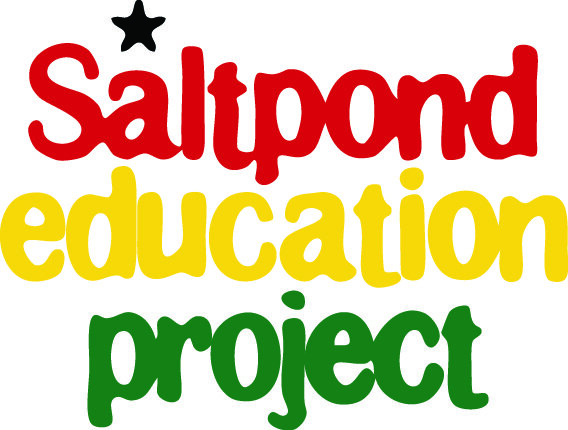Dynamic teaching
We aim to bring the latest methodologies to our classrooms, ensuring that learning is both fun and rewarding for our students.
Our teachers are developing their skills all the time, and we provide as many resources as we can to ensure open, creative spaces with engaging lessons.
Starting with language
We encourage teachers to use the local language of Fantse instead of the official language of the curriculum, English, which none of the children understand. Teachers start introducing key vocabulary in English, but make sure the concepts are understood in the children’s first language.
We’re so pleased that the Ghanaian government has now stated that the language of instruction should be children’s first language up until Primary 3, and then switch to English from Primary 4.
Engaging classes
We’ve focussed on using more active methods that engage the students and moved away from a more didactic, teacher-led approach. We’ve had teachers from the UK come out to Saltpond to deliver training to the teachers.
Some of our strategies include:
Using real-life objects in the classroom particularly in science lessons
Taking the students outside of the classroom and into the community
Using talk partners, to encourage more talk in the classroom and to build confidence before sharing with the class (“think, pair, share”)
Using group work
Project work and presentation
Using concrete modelling resources in maths e.g. cubes, bead strings
Storytelling - training for the teachers on how they can use storytelling and how to teach it to the students
Singing and movement are used to get the students energised at the start or to give them a brain-break midway through
The results have been incredibly positive. We’ve seen students engaging more in their studies, and the atmosphere in the school is generally more positive.
Play-based learning
For our Kindergarten classes (3-5 years old), learning through play is the order of the day. Inspired by the great educational pioneer Maria Montessori, and the excellent Early Years Foundation Stage curriculum in the UK,
Our classrooms have been especially built to accommodate this style of teaching. They have a host of resources, including Lego, blocks, dressing-up clothes, musical instruments, small world and home corner toys and outdoor play equipment in the playground .
We encourage students to explore independently, while receiving guidance from their teachers along the way. The teachers do some adult-led teaching in small groups, but the focus is on challenging and developing the children’s learning by playing alongside them.
We offer ongoing training to teachers, as many are totally new to this kind of teaching. We were lucky to work with an organisation called Sabre Education who have led the way in introducing play-based learning in KG classrooms in parts of Ghana, so we were able to take our teachers to see it in action before we had established it at SEP.
Since we introduced play-based learning in 2014, the Ghanaian government has taken the amazing step of introducing play-based learning into the KG curriculum. We’re so thrilled that students across the country in government schools can also benefit from more age-appropriate learning.
Phonics
To help teach our students reading and writing, we introduced phonics as a core part of their learning. Phonics is a system used to teach reading and writing, and it involves short, daily lessons with lots of games and fast-paced activities to embed the learning.
We’ve managed to adapt it to work for students learning English as an additional language, creating resources to teach in Fantse.
The impact has been significant - within 2 years, those students who had received phonics teaching were reading at a much higher level than some of the older students who hadn’t learnt to read in this way.
Teacher observations
In order to advance our teachers’ professional development, we conduct termly teacher observations. These are carried out by our headteacher Emmanuel.
The teachers are set 3 targets each term relating to specific areas for development. If they meet 2 or more of their targets, they’re rewarded with a pay rise. Based on the teachers’ needs, Emmanuel also prepares specific trainings as he sees necessary.
An area that we’re constantly reviewing is the teachers’ ability to assess children’s understanding. To ensure high standards, we’ve delivered training on Afl (assessment for learning) and Bloom’s taxonomy of questioning to support this area.
Additionally, we also offer all of our teachers financial support to pursue a university degree in Education. Most of them are currently undertaking this through distance learning while continuing to teach.





